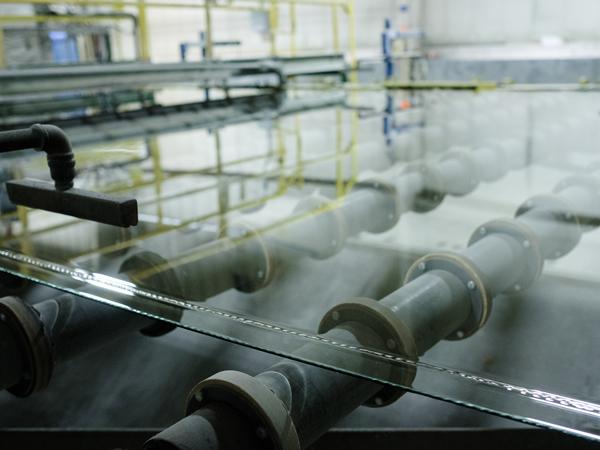
Date: 4 June 2020
Vitro Architectural Glass has published a new glass technical document titled “Decontaminating Glass Surfaces” (TD-154). Developed in response to customer questions related to glass handling and safety during the COVID-19 crisis, the five-page primer addresses a range of topics of interest to glass fabricators and window manufacturers as well architects, specifiers and designers. They include:
- Using glass for protection and isolation in hygiene-critical environments
- Machine-cleaning of glass
- Localized cleaning of uncoated glass surfaces
- Recommended cleaning procedures for coated glass surfaces
- Recommended products for glass cleaning
Paul Bush, vice president, quality and technical services, Vitro Architectural Glass, said that, due to glass’s ability to be cleaned and sanitized easily, it has been used throughout history to protect human life during plagues, epidemics and pandemics. In addition, the float glass process is completely automated, which means architectural glass is produced without human contact.
“The unique characteristics and properties of glass make it an excellent material choice for interior spaces where easy-to-clean surfaces and physical barriers between people and their environments are required,” he explained. “It is ideal for walls and partitions because it enables us to see what is on the other side of a barrier while protecting us from potentially harmful viruses and bacteria.”
Specialized applications for glass walls and partitions include isolation rooms, sterilization rooms, burn units, clinics, maternity wards, pharmacies, laboratories and more. Although it is not anti-bacterial, glass with specialized coatings such as Clarvista® coatings can help ensure safer, more hygienic surfaces in showers, bathrooms, spas, swimming pools and other damp, humid environments because they do not rust or stain. Rust and stains can create cavities in which bacteria and viruses can dwell.
To view or download a copy of TD-154, visit www.vitroglazings.com or call 1-855-VTRO-GLS (887-6457) for more information.
 600450
600450





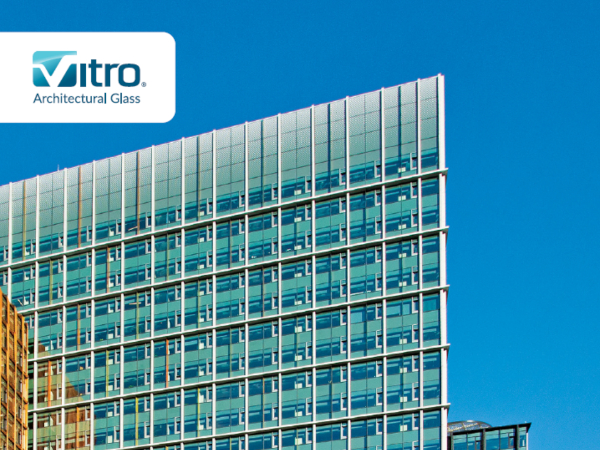
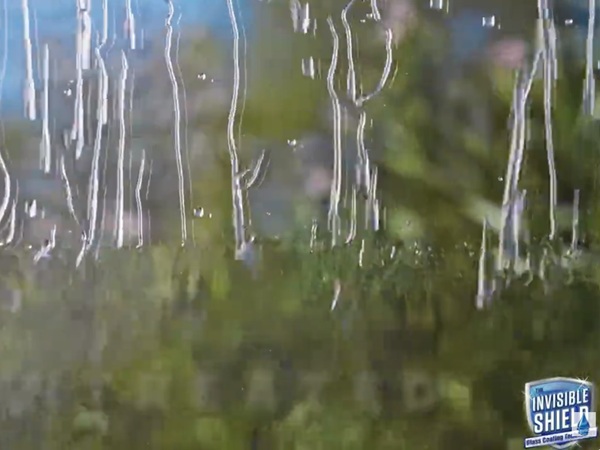












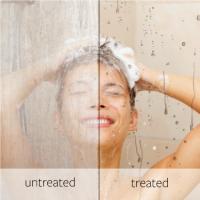

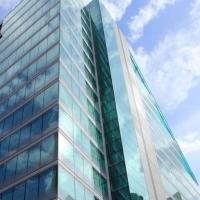


Add new comment